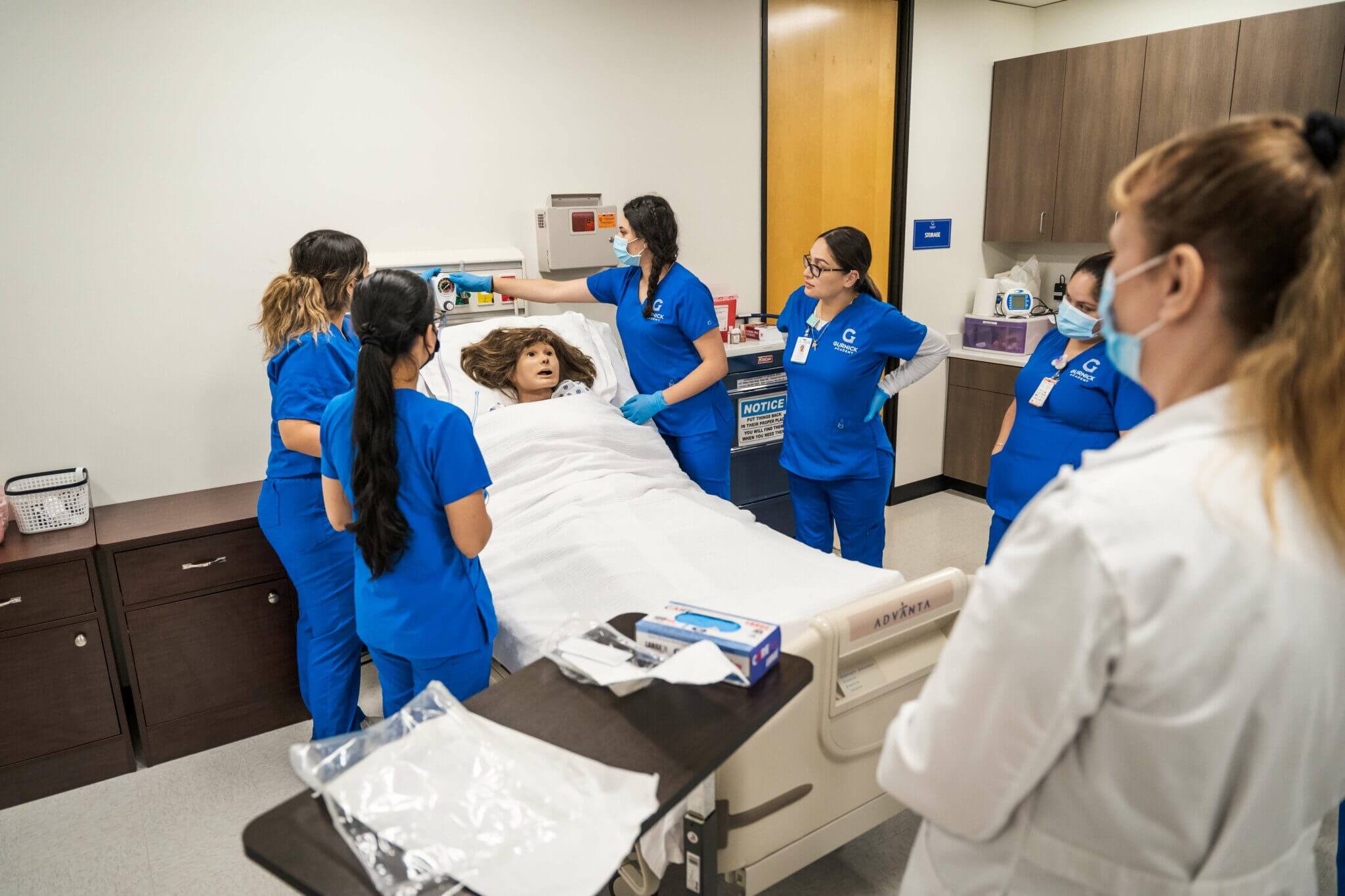What is the difference between the ADN/ASN versus a BSN degree?
According to Career Profiles, an Associate Degree in Nursing (ADN) or Associate of Science in Nursing (ASN) are two-year degrees for those seeking to become Registered Nurses.1 While Bachelor Degrees in Nursing (BSNs) are four-year programs for those seeking to become Registered Nurses.*1 Both the ADN/ASN and BSN degrees qualify students to sit for the NCLEX-RN exam and apply for RN licensure.1
According to Career Profiles, ADN programs generally focus more on practical skills, while BSN programs delve more deeply into theoretical knowledge. However, the core curriculum for both programs is typically quite similar, with courses in community health nursing, gerontological nursing, pediatrics, maternal and newborn nursing, and psychiatric nursing. BSN programs include courses not offered in ADN programs, such as nursing technology, research, and informatics.1
*There are several accelerated programs (fast-track or bridge) that may truncate this timeframe.
Citations:
1^a, b, c “Associate Degree in Nursing (ADN/ASN).” Www.careerprofiles.info. Career Profiles. 2022. (Accessed June 7, 2022.)

